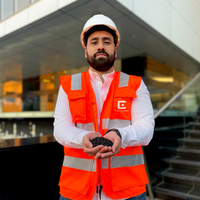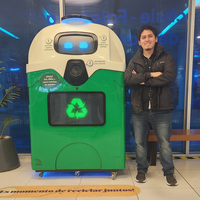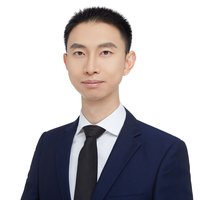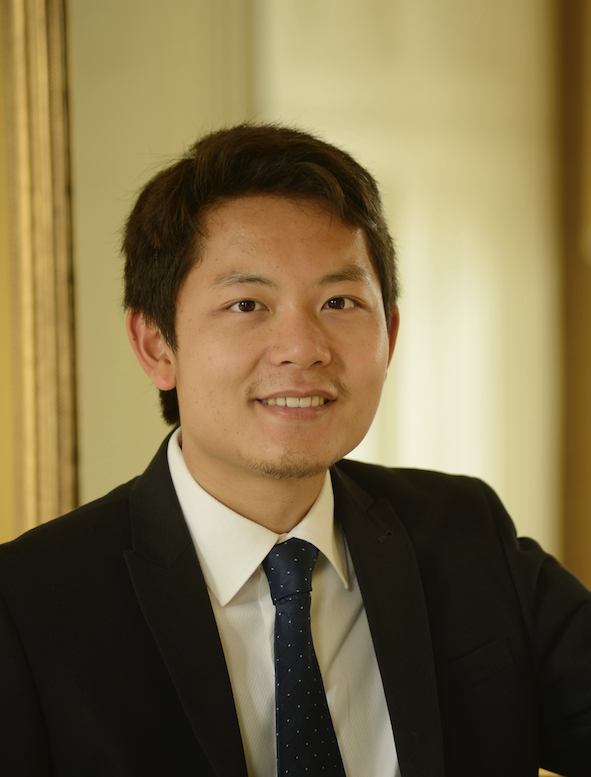Energy & sustainability
Robert Hoye
Co-Founder, Nano Plant

Latin America
Aldo Galli
Reusing agricultural waste to improve water quality with low-cost filter material.

Latin America
Andrea Bonilla
Develops biomaterials to replace plastics from the sargassum that pollutes Mexican coasts.

Latin America
Miguel Ángeles
Its artificially intelligent social robot promotes bottle recycling.

Asia Pacific
Zipeng Zhao
New catalysts that enable hydrogen fuel cells to work with ultra-low loading of platinum group metal.
